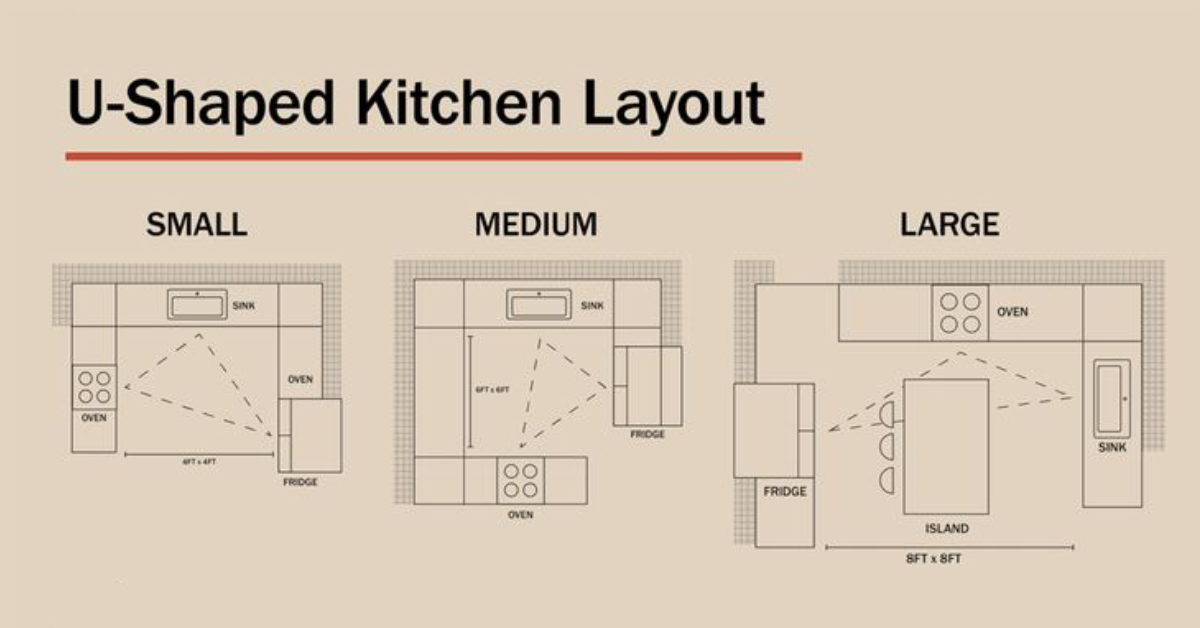Frameless Cabinets vs Framed Cabinets: Which is Right for Your Home?
- Home
- Blogs
- Frameless Cabinets vs Framed Cabinets: Which is Right for Your Home?
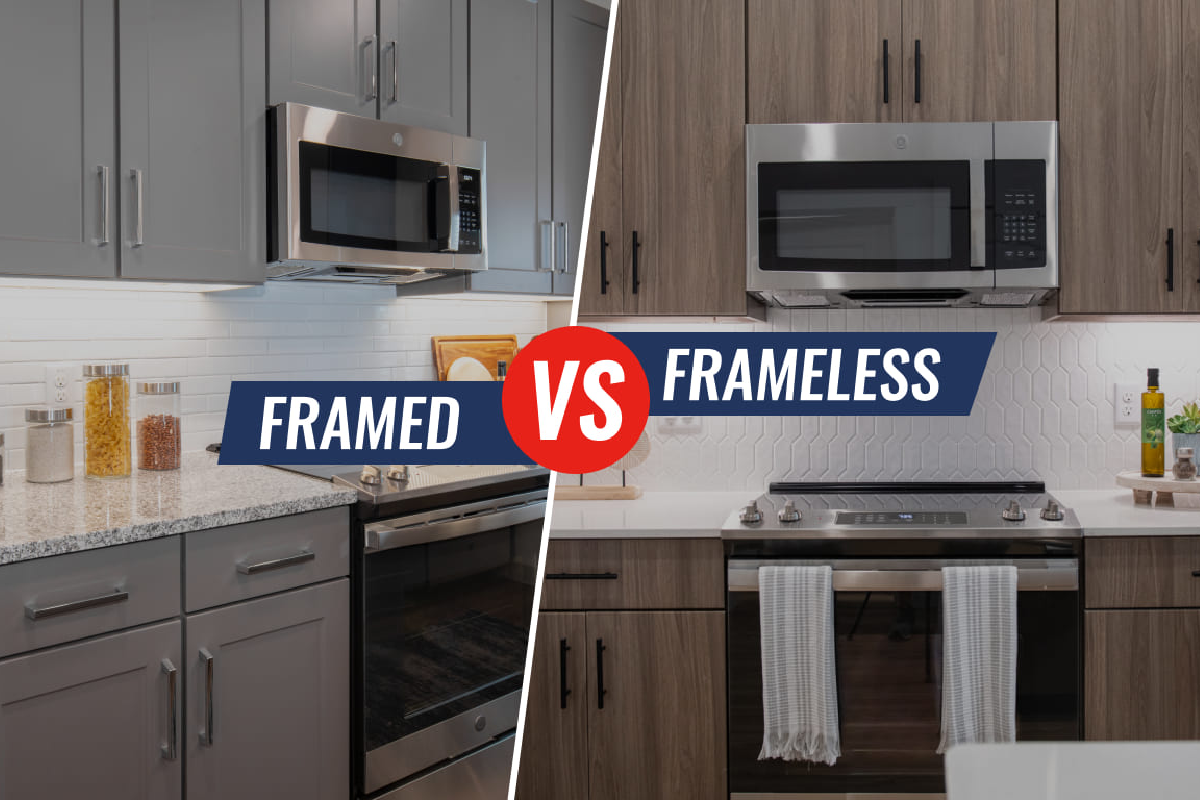
Frameless Cabinets vs Framed Cabinets: Which is Right for Your Home?
- John Miler
When choosing cabinetry for your kitchen or home, one of the first decisions you’ll face is whether to go with frameless or framed cabinets. These two styles vary not only in aesthetics but also in functionality, durability, and installation requirements. This guide will explore the differences between frameless and framed cabinets to help you make the best choice for your home.
What Are Frameless Cabinets?
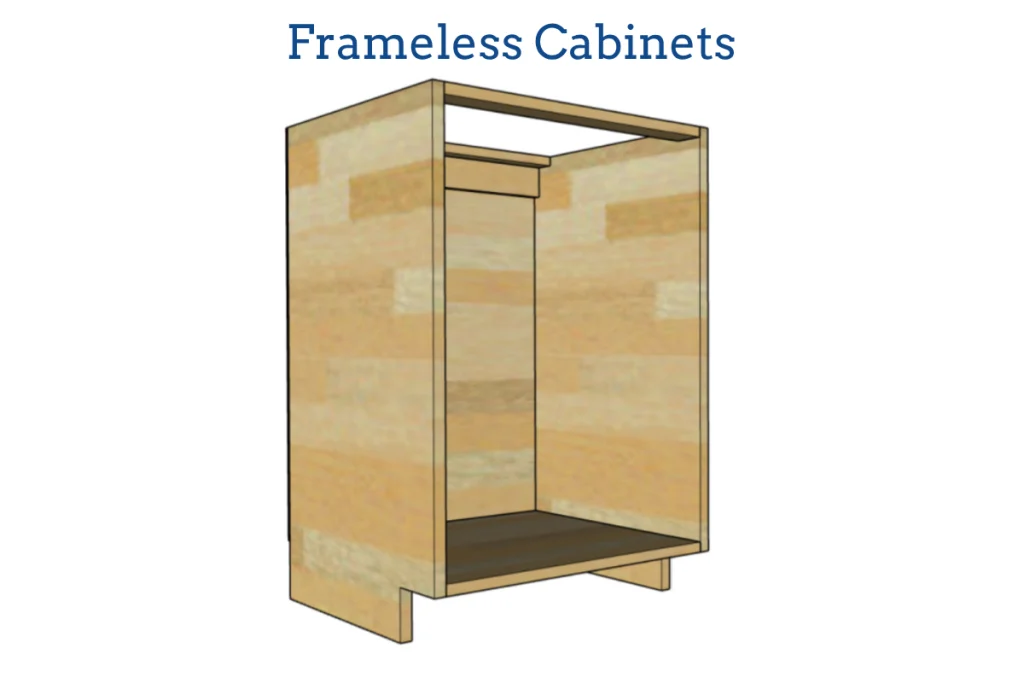
Frameless cabinets, often referred to as European-style cabinets, feature a sleek, modern design with no face frame on the front. This allows the doors and drawers to attach directly to the cabinet box, providing a full-access design. Frameless cabinets are ideal for homeowners seeking a minimalist, contemporary look. Because there’s no face frame, the interior space is more accessible, and larger drawers can be incorporated
Customization and Design Flexibility:
Frameless cabinets offer customization options in terms of colors, finishes, and hardware. Their clean lines make them adaptable to a variety of kitchen styles, from ultra-modern to transitional. Additionally, frameless cabinets can be configured in unique ways that maximize storage efficiency. You can explore different finishes and adjustable shelving to create a personalized kitchen that meets your functional and aesthetic needs
What Are Framed Cabinets?
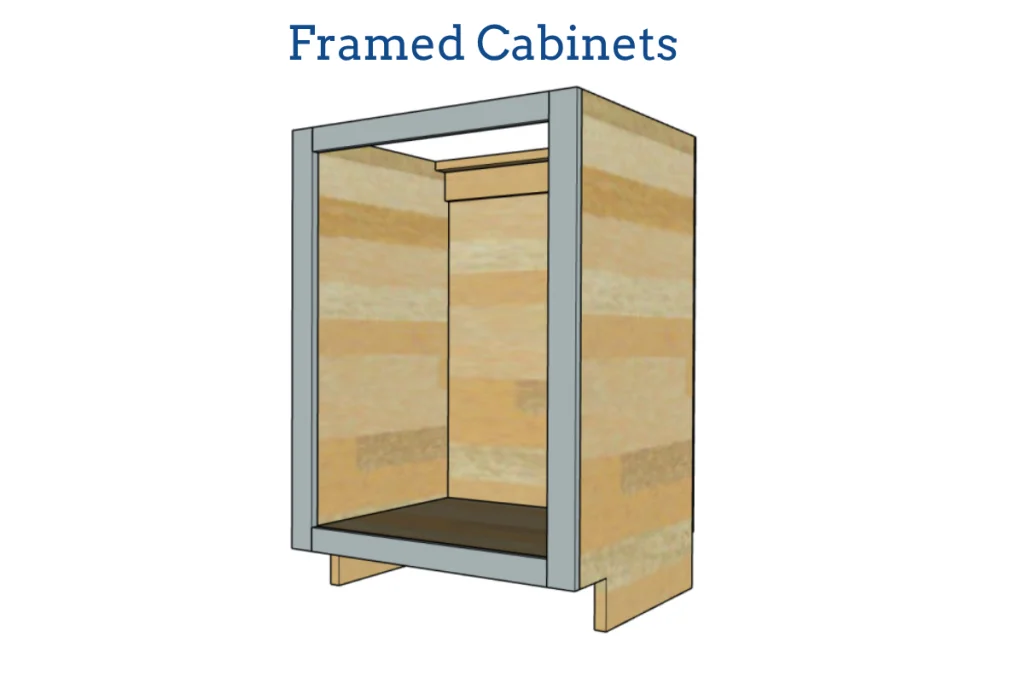
Framed cabinets, the traditional choice in American homes, are built with a face frame around the front of the cabinet box. This frame provides additional structural support and serves as an anchor for the doors. Framed cabinets come in a variety of door overlays—full, partial, and inset—offering flexibility in design. These cabinets are well-suited for classic, traditional kitchens, where the visible frame adds depth and craftsmanship
Customization and Design Flexibility:
While framed cabinets may offer slightly less internal space, they provide more structural integrity and design options, such as intricate moldings, decorative accents, and a wider range of door styles. If you prefer a classic or transitional kitchen, framed cabinets allow you to play with design elements like custom finishes and unique hardware, ensuring a more tailored and elegant appearance
Design and Aesthetic Differences
Frameless cabinets are perfect for those seeking a seamless, contemporary look. With no visible frame, the cabinet doors cover the entire front, creating a clean and uninterrupted appearance. This style is popular in modern kitchens and appeals to homeowners who want a minimalist design
In contrast, framed cabinets emphasize traditional aesthetics, with the face frame providing added detail and dimension. The visible frame gives these cabinets a more classic, timeless feel, making them a staple in traditional or country-style kitchens. The choice between frameless and framed often comes down to whether you prefer a modern, sleek kitchen or a more detailed, traditional look
Space and Storage Capacity
Frameless cabinets excel in terms of space efficiency. Since there’s no face frame, the interior offers more usable space, making it easier to store larger items and organize your kitchen more efficiently. The lack of a center stile between two cabinet doors also enhances accessibility
On the other hand, framed cabinets, while slightly more restrictive due to the frame, offer greater structural support. The added stability ensures that framed cabinets can handle heavier loads and provide better long-term durability, especially in busy kitchens
Durability and Structural Support
Framed cabinets are generally seen as more durable because of the additional support provided by the face frame. This construction makes them more resistant to wear and tear, especially in kitchens with high traffic or frequent use. The face frame also helps keep the cabinet box sturdy, preventing sagging over time
Frameless cabinets rely on thicker cabinet box materials to maintain their integrity. While they are still durable, they may not offer the same level of structural stability as framed cabinets, especially in larger or heavily used kitchens. However, when constructed from quality materials, frameless cabinets can last just as long
Installation Process
Frameless cabinets require precise installation because there is no frame to assist in aligning the doors and drawers. They often need professional installation to ensure that everything is properly leveled and fitted. The absence of a frame can make installation slightly more challenging, particularly on uneven walls
Framed cabinets, due to their rigid structure, are easier to install, making them more DIY-friendly. The face frame provides a built-in guide for aligning doors and drawers, which simplifies the process
Cost Comparison
Generally, frameless cabinets can be slightly more expensive than framed cabinets, depending on the materials used and the complexity of the design. This is primarily because frameless cabinets often require higher-quality materials to ensure stability without the frame. Additionally, professional installation may add to the cost due to the precision required
Framed cabinets, on the other hand, are available at a variety of price points, depending on whether you opt for stock, semi-custom, or custom designs. They offer a more budget-friendly option for those seeking traditional cabinetry without the need for premium materials
Sustainability and Eco-Friendliness
Both frameless and framed cabinets can be made from eco-friendly materials, but the emphasis on sustainability is often higher with frameless cabinetry, as it aligns with modern, minimalist trends. Look for low-VOC finishes and recycled materials when selecting either type to ensure you’re making an environmentally conscious choice.
Conclusion
Choosing between frameless and framed cabinets depends on your kitchen’s style, space requirements, and personal preferences. Frameless cabinets are ideal for those seeking a modern, sleek appearance and greater storage capacity, while framed cabinets offer traditional aesthetics with more structural stability. Carefully consider your budget, design goals, and the overall use of your kitchen to make the best decision for your home.
If you’re looking for premium, customizable solutions, US Kitchen Cabinet providers offer a wide range of high-quality framed and frameless cabinets, tailored to fit your style and functional needs. Whether you’re renovating a modern kitchen or upgrading a classic one, you’ll find designs that combine beauty, durability, and practicality.
John Miler
Latest Post
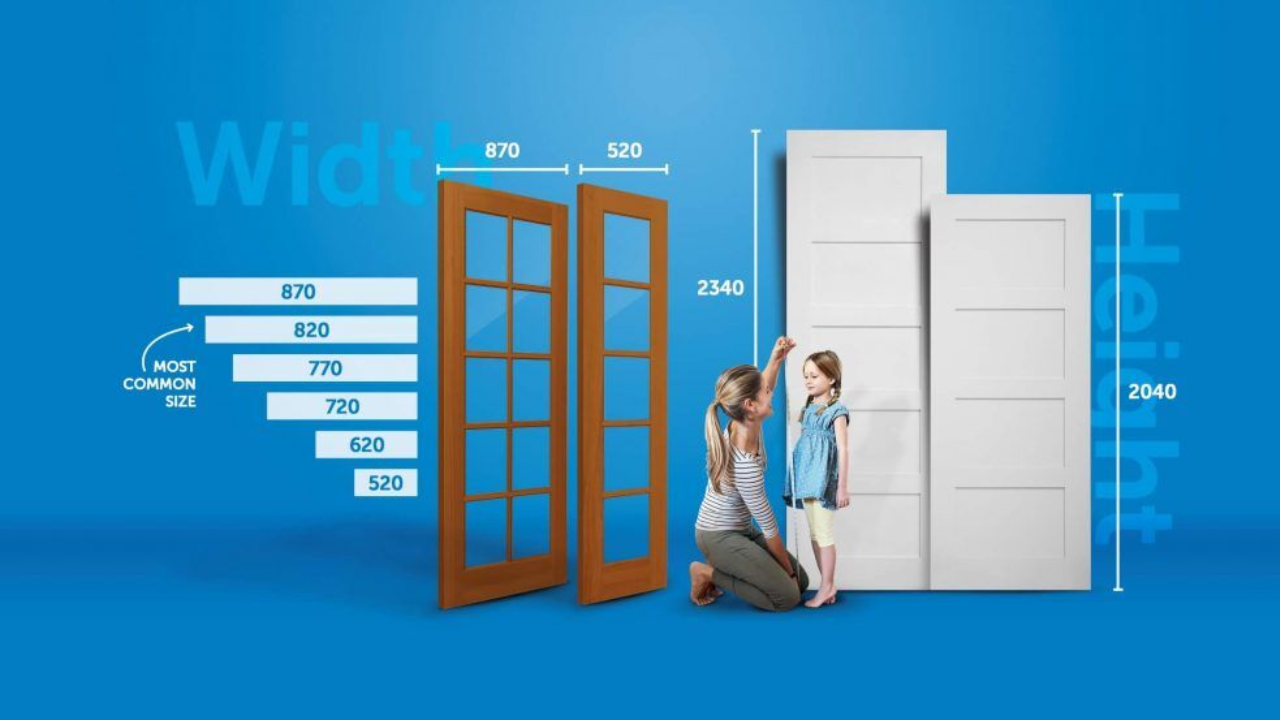
Standard Door Sizes
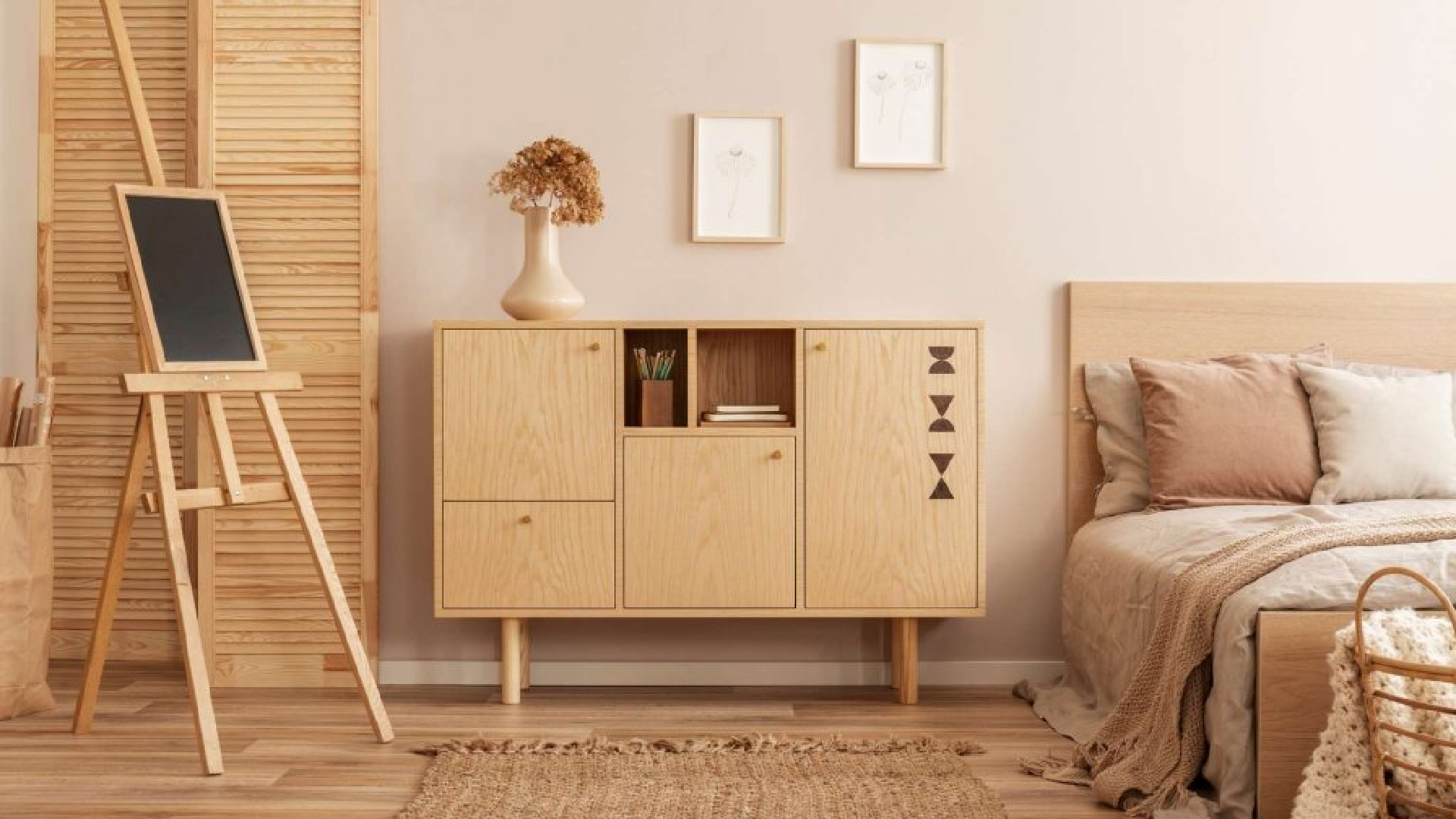
How to Choose the Best Plywood for Cabinets and Furniture
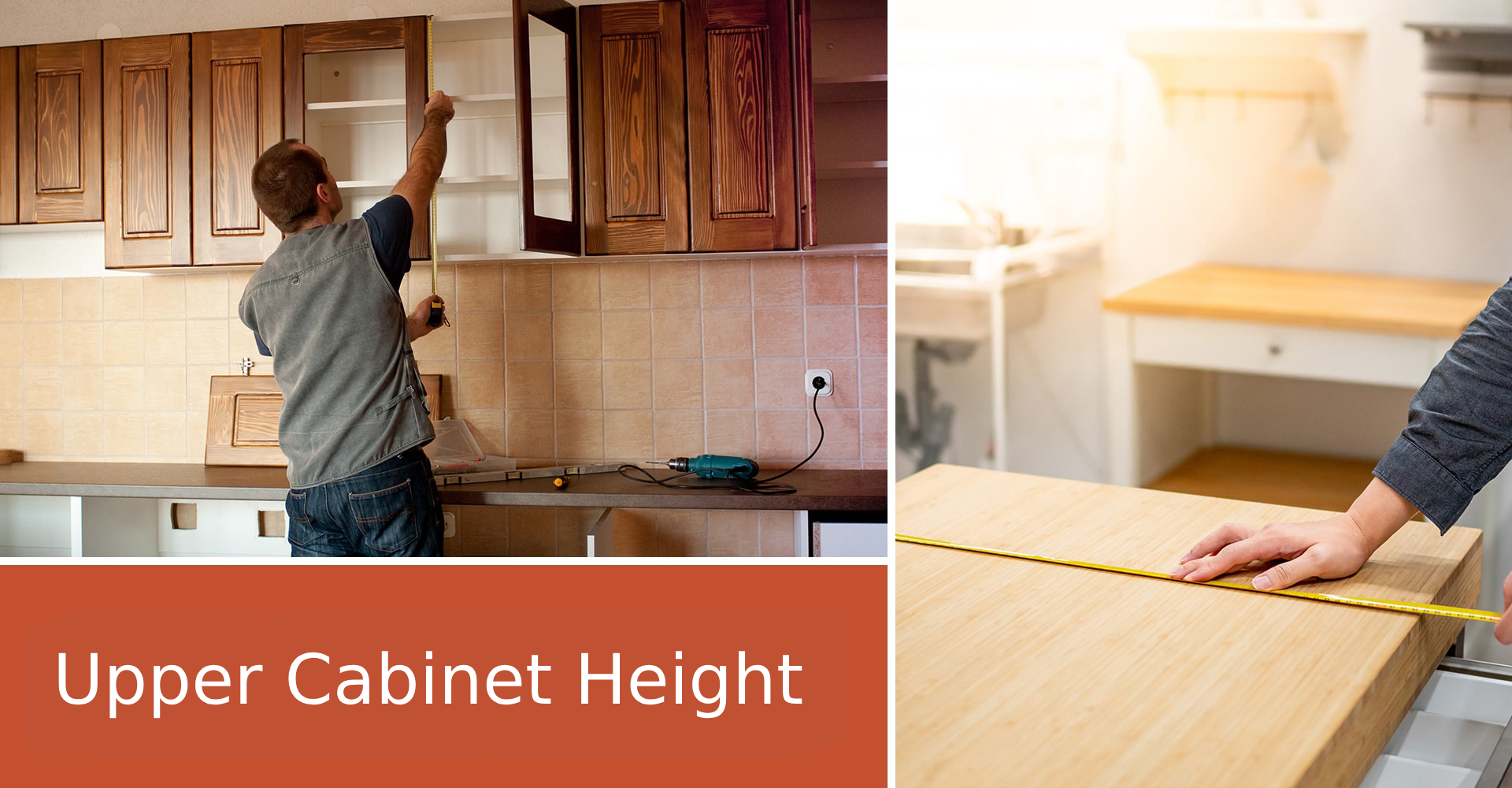
How High Should Upper Cabinets Be from Your Floor and Countertop
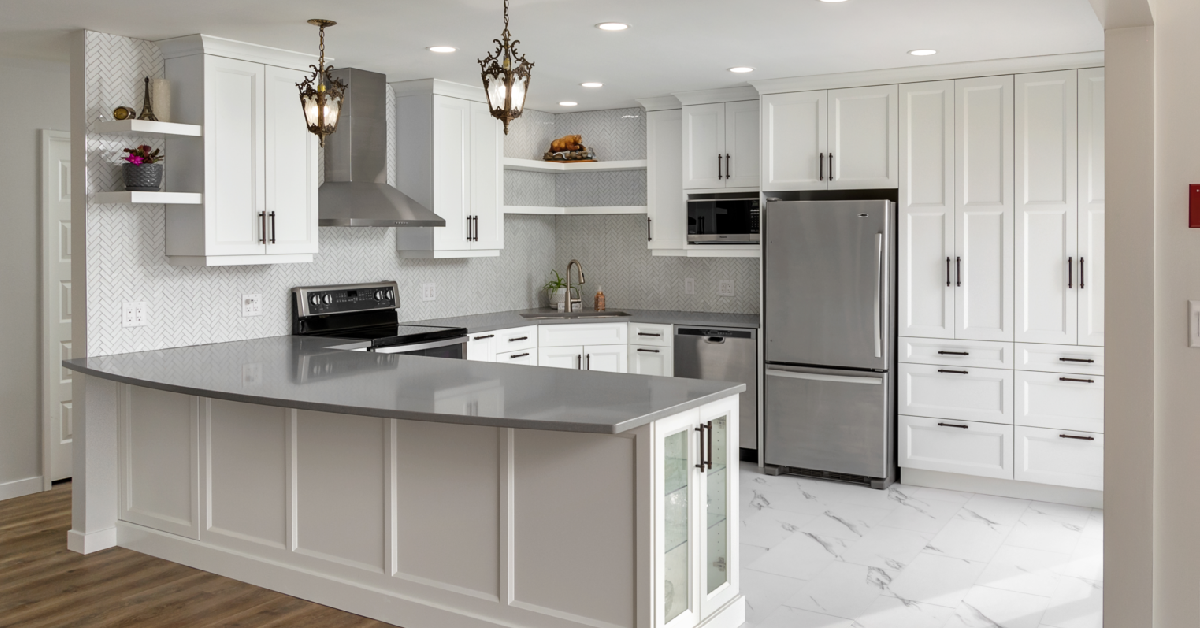
Peninsula Kitchen Layout
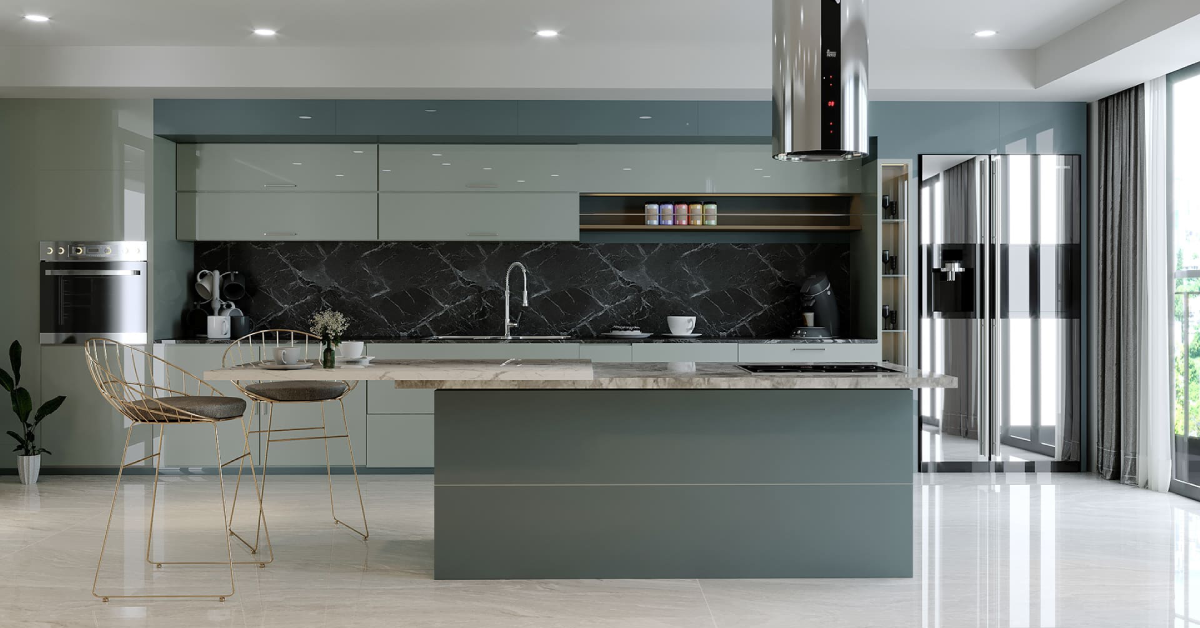
Island Kitchen Layout
